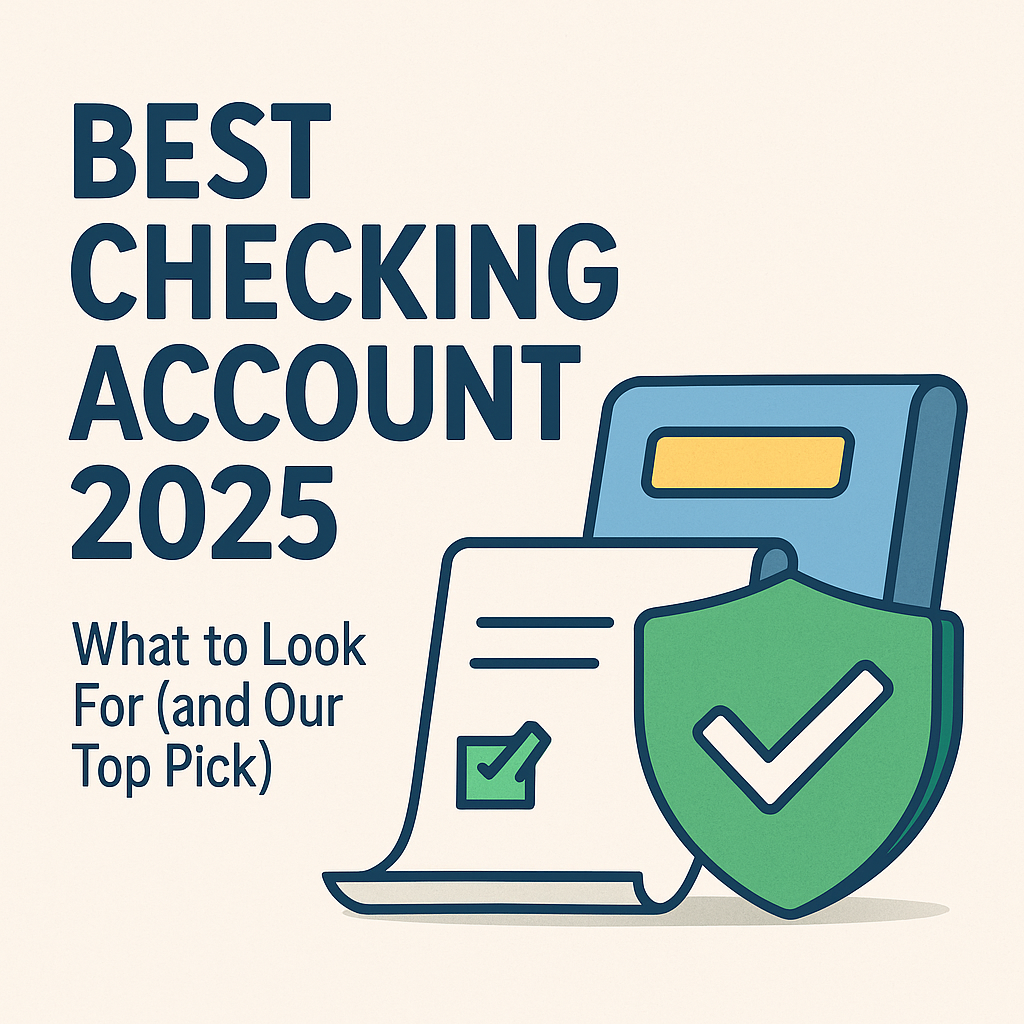Can AI Really Manage Your Investments Better Than a Human?
AI-powered robo-advisors promise low-cost, hands-off investing, making wealth management accessible to everyone.
But can AI really replace human financial advisors?
For beginners, robo-advisors offer automated, data-driven investing—no need to analyze stocks or worry about market timing. But for more experienced investors, AI has limitations that require human oversight.
So, are robo-advisors a smart investment tool or just another AI-driven gimmick?
In this guide, you’ll learn:
Let’s break it down. 👇
How Robo-Advisors Work (And What AI Actually Does)
Robo-advisors use AI and machine learning to create and manage investment portfolios—without human advisors. These platforms allocate assets, rebalance portfolios, and optimize taxes automatically.
🔍 What AI Does in Robo-Advisors
💡 The appeal? No emotional decision-making—AI makes investment choices based on data, not human fear or greed.
Who Should Use AI-Powered Robo-Advisors?
Not every investor should rely on AI for wealth management. Here’s who benefits the most:
👶 Beginners & Passive Investors – If you want hands-off investing with no research required, robo-advisors handle everything for you.
📈 Long-Term Wealth Builders – Great for retirement savers who want steady, low-cost portfolio growth.
💰 Cost-Conscious Investors – Traditional financial advisors charge 1%+ of assets under management (AUM)—robo-advisors typically charge under 0.50% or even $0 in advisory fees.
🚀 But AI Investing Isn’t for Everyone…
- If you want full control over your investments, robo-advisors may feel too restrictive.
- If you need personal financial planning (estate planning, tax strategies, custom portfolios), AI lacks that human touch.
The Best AI-Powered Robo-Advisors (Reviewed & Compared)
Looking for the right AI investing platform? Here are the best robo-advisors based on investor experience level:
🔹 For Beginners (Simple, Hands-Off Investing)
| Robo-Advisor | Best For | Key Features | Fees | Try It |
| Betterment | Set-it-and-forget-it investors | Goal-based investing, automatic rebalancing | 0.25% AUM | Get Started |
| Wealthfront | AI-driven tax efficiency | AI-driven tax optimization, smart savings | 0.25% AUM | Try Wealthfront |
🔹 For Intermediate Investors (More Customization)
| Robo-Advisor | Best For | Key Features | Fees | Try It |
| M1 Finance | DIY investors with AI guidance | AI-assisted investing with manual portfolio control | $0 advisory fees | Try M1 Finance |
| Acorns | Micro-investing & round-up savings | Invests spare change automatically | $3-$5/month | Sign Up |
🔹 For Advanced Users (AI + Human Advisor Hybrid)
| Robo-Advisor | Best For | Key Features | Fees | Try It |
| Schwab Intelligent Portfolios | Hybrid AI + human advising | Automated investing + human advisors | $0 advisory fees | Get Schwab |
| Personal Capital | AI-enhanced financial planning | AI-driven portfolio tracking + financial advisors | 0.89% AUM | Try Personal Capital |
What Investors Need to Know: Pros & Cons of AI-Driven Wealth Management
What Investors Need to Know
AI Investing Pros
AI Investing Cons
Final Thought: Should You Use a Robo-Advisor?
💡 If you want:
✅ Low-cost, hands-off investing → Robo-advisors are a great option.
✅ Tax-efficient, AI-driven portfolio management → AI can optimize your investments.
⚠️ But if you need:
❌ Control over stock picks → You’re better off with a self-directed brokerage.
❌ Comprehensive financial planning → Consider a human advisor instead.
👉 Final Takeaway: AI-powered investing can be a smart, low-cost strategy—but it’s not for everyone. Before choosing a robo-advisor, make sure it fits your investing goals and risk tolerance.
Sign up for our Newsletter
Subscribe to our newsletter and get our free AI finance guide — packed with tools to help you budget, invest, and grow your money.




